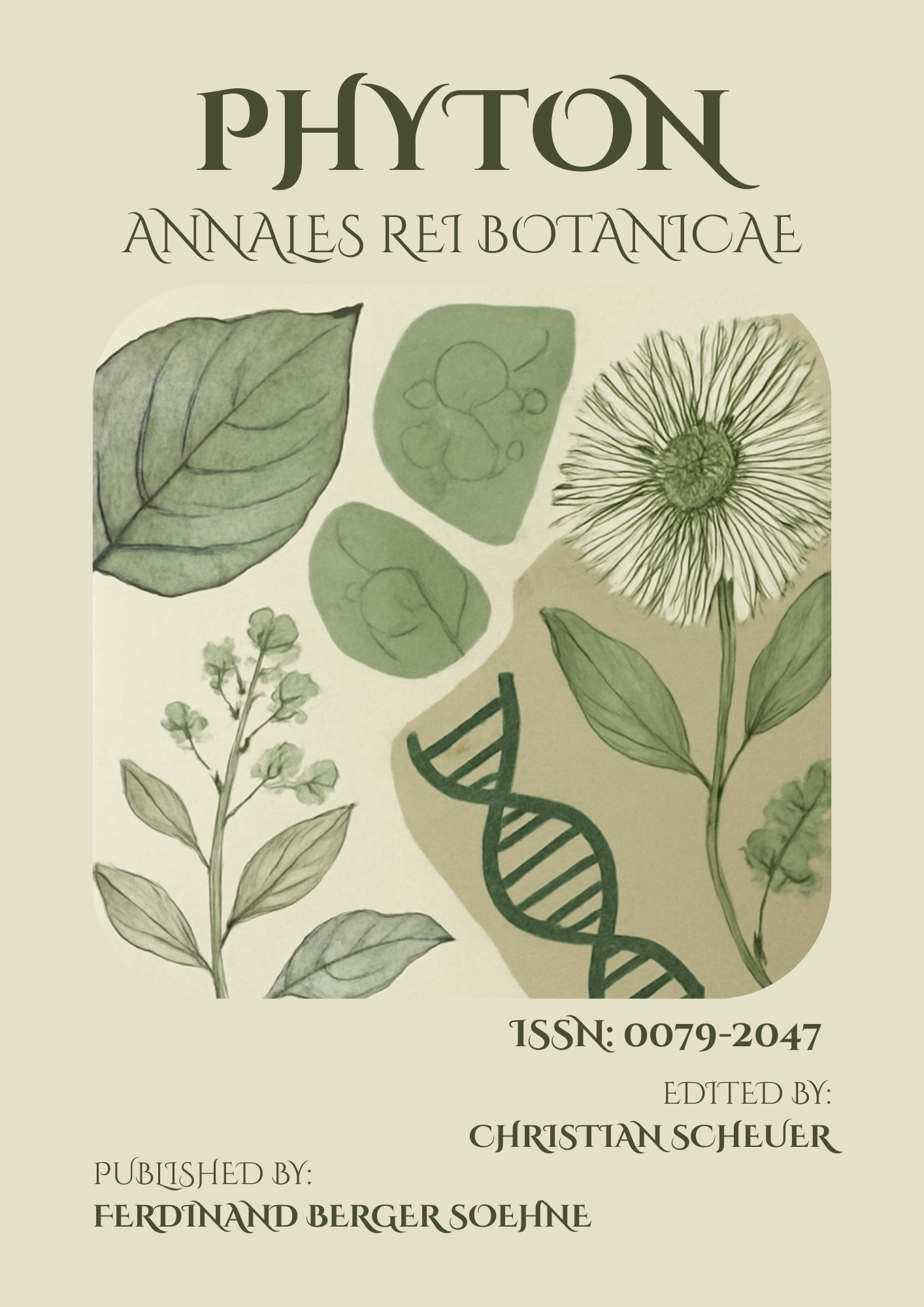The Impact of Plant-Microbe Interactions on Crop Health: A Study of Soil Bacteria in New Zealand
Keywords:
Plant-Microbe Interactions, Soil Bacteria, Crop Health, Biocontrol, New Zealand, Sustainable AgricultureAbstract
Plant-microbe interactions are vital for maintaining soil health and enhancing plant resistance to pathogens. This paper investigates the role of soil bacteria in promoting plant health in New Zealand, focusing on their impact on disease resistance and nutrient availability. The study examines various beneficial bacteria, such as nitrogen-fixing rhizobacteria and biocontrol agents, and their effects on crops like potatoes, kiwifruit, and wheat. Through greenhouse and field experiments, the research evaluates how the introduction of beneficial bacteria can improve plant growth, enhance nutrient uptake, and reduce susceptibility to soil-borne diseases. The findings indicate that soil bacteria can play a significant role in reducing the need for chemical fertilizers and pesticides, contributing to more sustainable farming practices. However, challenges remain in ensuring the long-term stability and effectiveness of introduced bacteria in diverse soil environments. The paper concludes with recommendations for further research into microbial inoculants and the development of more resilient crops through plant-microbe partnerships.
Published
How to Cite
Issue
Section
License
Copyright (c) 2023 PHYTON-ANNALES REI BOTANICAE

This work is licensed under a Creative Commons Attribution-NonCommercial-ShareAlike 4.0 International License.
This article is published under the terms of the Creative Commons Attribution-NonCommercial-ShareAlike 4.0 International License (CC BY-NC-SA 4.0). Readers may share and adapt the material for non-commercial purposes, provided appropriate credit is given and adaptations are shared under the same license.



